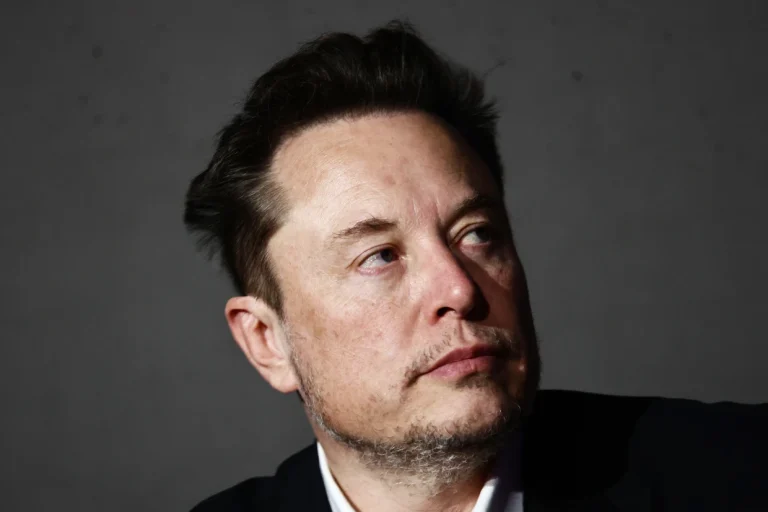Evaluating the Controversial Compensation Package for Elon Musk: A Case Study of California State Teachers’ Retirement System’s Opposition
Introduction:
In recent news, the head of a significant California pension fund, Chris Ailman, voiced strong opposition to the revised pay package proposed for Tesla’s CEO, Elon Musk. The upcoming vote aims to reinstate a pay package from 2018, which was previously invalidated by a judge earlier this year. This paper delves into the rationale behind California State Teachers’ Retirement System’s (CalSTRS) objection to Musk’s compensation plan, examining its implications and broader stakeholder perspectives.
Analyzing the Compensation Package:
Chris Ailman, the Chief Investment Officer of CalSTRS, criticized the proposed pay package during an interview with CNBC, labeling it as “ridiculous.” His primary contention revolves around the exorbitant disparity between Musk’s compensation and the average worker’s pay, amounting to 140 times more. This critique underscores concerns regarding income inequality and executive compensation ethics prevalent in modern corporate governance discourse.
CalSTRS’ Position:
As of June 30, 2023, CalSTRS held approximately 4.7 million shares of Tesla, making it a significant shareholder in the company. Ailman reiterated CalSTRS’ longstanding opposition to the pay package, a stance echoed by other major shareholders, including Norway’s sovereign wealth fund. Despite their dissent, CalSTRS expressed no intention to divest its Tesla shares, indicating a nuanced approach to corporate engagement and responsibility.
Valuation Concerns:
Ailman further questioned the valuation of Tesla’s stock, emphasizing that even with advanced features like AI integration in its vehicles, the current valuation—60 times earnings—appears unjustifiably inflated. This skepticism reflects broader market sentiments regarding Tesla’s valuation and its susceptibility to speculative fluctuations.
Musk’s Multifaceted Leadership:
Beyond Tesla, Elon Musk holds leadership roles in companies like SpaceX and X, a social media venture. His potential shift in focus away from Tesla, in response to the rejection of the pay package, raises concerns about the company’s future direction and operational stability. Ailman advocated for a more balanced leadership approach, suggesting that Musk delegate some operational responsibilities to professional managers to ensure sustainable corporate governance.
The Future Outlook:
With CalSTRS managing assets exceeding $333 billion as of April, its stance on Musk’s compensation package carries significant weight within the investment community. The outcome of the impending vote will not only impact Tesla’s corporate governance but also set a precedent for executive compensation practices across industries.
Conclusion:
The controversy surrounding Elon Musk’s pay package at Tesla epitomizes the broader debate on executive compensation ethics and income inequality. CalSTRS’ opposition underscores the growing emphasis on responsible investing and shareholder activism in shaping corporate behavior. As stakeholders await the outcome of the vote, the case serves as a pivotal moment in the ongoing discourse on corporate governance and executive remuneration.

